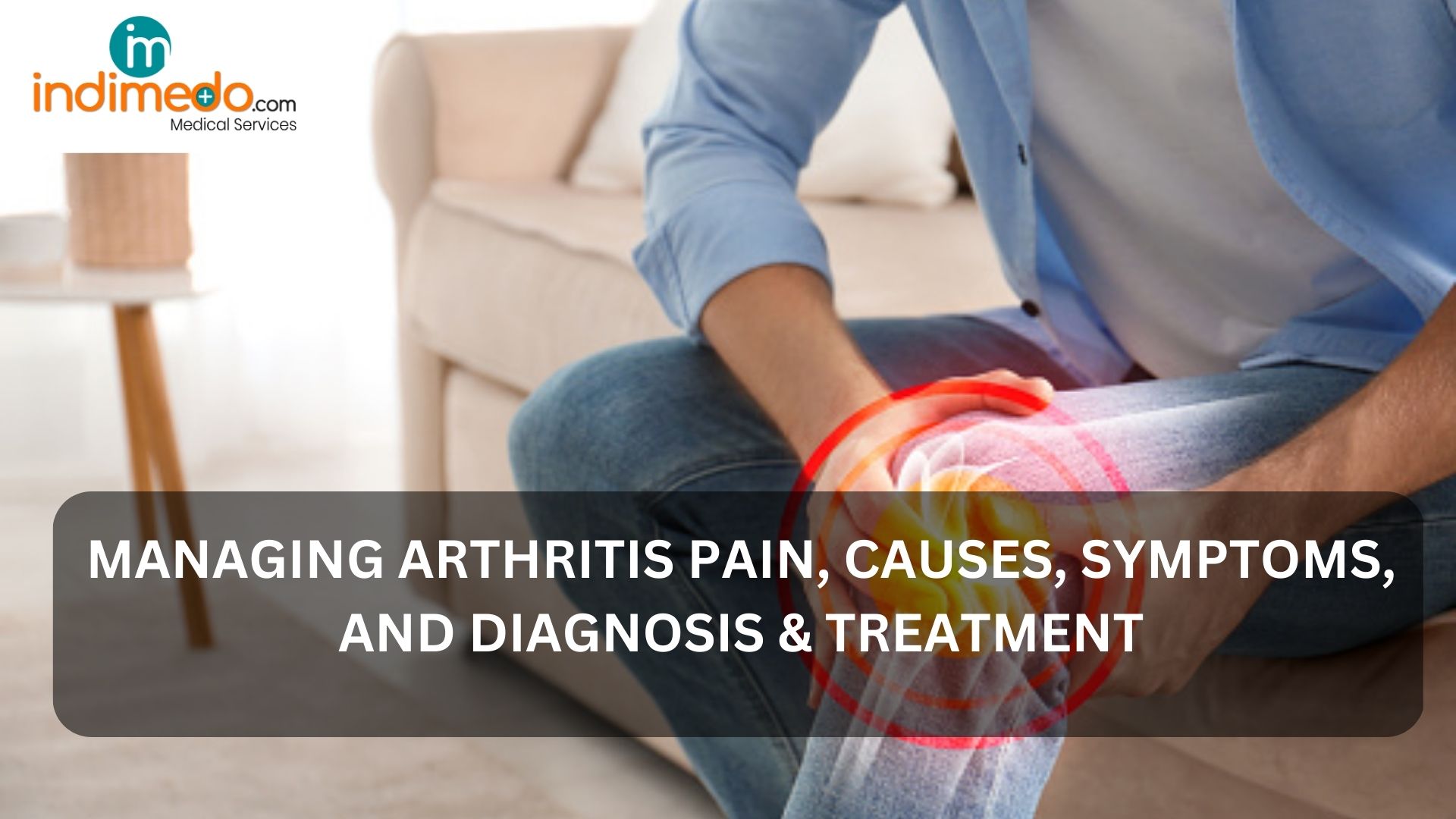The Dangers of Piles Diseases: What You Need to Know

Introduction
Piles, also known as hemorrhoids, are a common medical condition that affects millions of people around the world. Piles occur when the veins in the rectal area become swollen and inflamed, causing discomfort, pain, and bleeding during bowel movements.
There are two main types of piles: internal piles and external piles. Internal piles develop inside the rectum and are usually painless, but they may bleed. External piles develop outside the anus and can be painful, itchy, and may bleed.
Piles can be caused by several factors, including constipation, prolonged sitting or standing, pregnancy, obesity, and a lack of physical activity. Treatment for piles includes dietary changes, lifestyle modifications, and medications. In some cases, surgery may be necessary to remove severe cases of piles.
It is important to seek medical attention if you are experiencing symptoms of piles, as they can worsen over time and lead to complications such as anemia, infection, and thrombosis.
Piles Symptoms
Piles, also known as hemorrhoids, are swollen veins in the rectum and anus that can cause discomfort and pain. The symptoms of piles can vary depending on the severity of the condition, but some common symptoms include:
- Pain or discomfort during bowel movements
- Itching or irritation in the anal area
- Swelling or lumps in the anal area
- Bleeding during bowel movements
- A feeling of fullness or pressure in the rectum
- Mucus discharge after bowel movements
- Anal leakage
If you are experiencing any of these symptoms, it is important to speak with your doctor for a proper diagnosis and treatment plan.
Side Effects of Piles
There are several side effects that can be associated with piles or hemorrhoids. Some of the possible side effects include:
- Pain and discomfort: Piles can cause pain and discomfort in the anal area, especially during bowel movements.
- Bleeding: Piles can cause bleeding during bowel movements. This can be a minor amount of blood on the toilet paper or in the toilet bowl, or it can be more significant.
- Itching and irritation: Piles can cause itching and irritation in the anal area, which can be very uncomfortable.
- Thrombosed piles: In some cases, piles can become thrombosed, which means that a blood clot forms inside the pile. This can cause severe pain and may require medical intervention.
- Prolapsed piles: Piles can prolapse or protrude outside the anus, which can be uncomfortable and embarrassing.
If you are experiencing any of these side effects, it is important to speak with your doctor for a proper diagnosis and treatment plan.
Cure for Piles Without Surgery
Piles, also known as hemorrhoids, are a common condition that affects many people. While surgery may be necessary in some cases, there are also non-surgical options available to help alleviate the symptoms of piles. Here are some remedies that may help:
- Dietary Changes: Eating a high-fiber diet with plenty of fruits, vegetables, and whole grains can help soften stools and make bowel movements easier, reducing the strain on hemorrhoids.
- Increased Fluid Intake: Drinking plenty of water and other fluids can help prevent constipation, which is a common cause of piles.
- Sitz Baths: A sitz bath involves sitting in a shallow bath of warm water for 10 to 15 minutes several times a day. This can help reduce the swelling and inflammation associated with piles.
- Topical Treatments: Over-the-counter creams and ointments containing hydrocortisone or witch hazel can help soothe the itching and pain associated with piles.
- Exercise: Regular exercise can help improve digestion and prevent constipation, which can contribute to the development of piles.
- Avoid Straining: Straining during bowel movements can worsen the symptoms of piles. It's important to avoid straining and to take the time to relax and let the bowel movement happen naturally.
- Herbal Remedies: Some herbs, such as horse chestnut and butcher's broom, have been used for centuries to help reduce the swelling and inflammation associated with piles.
It's important to note that while these remedies may help alleviate the symptoms of piles, they may not cure the condition completely. If you are experiencing persistent or severe symptoms, it's important to speak to a healthcare professional to determine the best course of treatment for your individual needs.
Allopathic Medicine for Piles
Allopathic medicine offers several options for the treatment of piles (also known as hemorrhoids). Here are some common ones:
- Topical creams and ointments: These are applied directly to the affected area and can help relieve symptoms such as itching and pain. Examples include hydrocortisone cream, lidocaine ointment, and witch hazel.
- Oral pain relievers: These can be used to help relieve pain associated with piles. Examples include acetaminophen (Tylenol), ibuprofen (Advil), and naproxen (Aleve).
- Stool softeners and laxatives: These can help ease constipation, which can contribute to the development of piles. Examples include docusate sodium (Colace) and psyllium husk (Metamucil).
- Hemorrhoid suppositories: These are inserted into the rectum and can help reduce inflammation and swelling. Examples include hydrocortisone suppositories and suppositories containing glycerin or witch hazel.
- Hemorrhoidectomy: In severe cases, surgery may be necessary to remove piles. This is typically done under general anesthesia and may involve cutting off the blood supply to the piles or removing them completely.
It's important to note that while these treatments can be effective for managing symptoms, they may not cure piles completely. In addition to allopathic treatments, it's also important to make lifestyle changes such as eating a high-fiber diet, drinking plenty of water, and getting regular exercise to help prevent piles from developing or recurring.
Piles Treatment Medicine
There are various piles (hemorrhoids) treatment options available, including medications. However, the appropriate treatment will depend on the severity and type of hemorrhoids you have.
Here are some common medications used for the treatment of piles:
- Topical creams and ointments: These can help to alleviate the itching and discomfort associated with piles. They usually contain hydrocortisone, which can help reduce inflammation and swelling. Other ingredients may include lidocaine to numb the area or witch hazel, which is a natural astringent that can help to shrink the hemorrhoids.
- Pain relievers: Over-the-counter pain relievers such as acetaminophen, ibuprofen, or aspirin may help to reduce pain and discomfort.
- Fiber supplements: Adding fiber to your diet can help to soften stools, making them easier to pass and reducing the strain on hemorrhoids. Fiber supplements such as psyllium husk or methylcellulose can help to increase your fiber intake.
- Stool softeners: These can help to prevent constipation and reduce the strain on hemorrhoids. Docusate sodium is a common stool softener.
- Medications to shrink hemorrhoids: If you have large, swollen hemorrhoids, your doctor may prescribe medications to help shrink them. These may include hydrocortisone suppositories or prescription-strength creams.
It's important to note that medications alone may not be enough to treat hemorrhoids, and you may need to make lifestyle changes to prevent them from recurring. This can include eating a high-fiber diet, drinking plenty of water, and avoiding straining during bowel movements. If your hemorrhoids are severe or don't improve with medication, you should consult a doctor for further treatment options.
Bleeding Piles Treatment
Bleeding piles, also known as hemorrhoids, can be treated with several different methods depending on the severity of the condition. Some common treatments include:
- Dietary changes: Consuming a diet rich in fiber can help reduce constipation, which can aggravate hemorrhoids. This includes eating more fruits, vegetables, and whole grains, and drinking plenty of water.
- Topical creams: Over-the-counter creams and ointments can provide relief from itching, pain, and inflammation associated with hemorrhoids. These creams often contain ingredients such as hydrocortisone or witch hazel.
- Sitz baths: Soaking in warm water for 10-15 minutes several times a day can help relieve discomfort and promote healing. Adding Epsom salts to the water may also help reduce inflammation.
- Procedures: For more severe cases, a doctor may recommend procedures such as rubber band ligation, in which a small rubber band is placed around the base of the hemorrhoid to cut off its blood supply, causing it to wither and fall off. Infrared coagulation, in which a special device is used to heat and shrink the hemorrhoid, may also be an option.





 Login with Facebook
Login with Facebook
 Login with Google
Login with Google